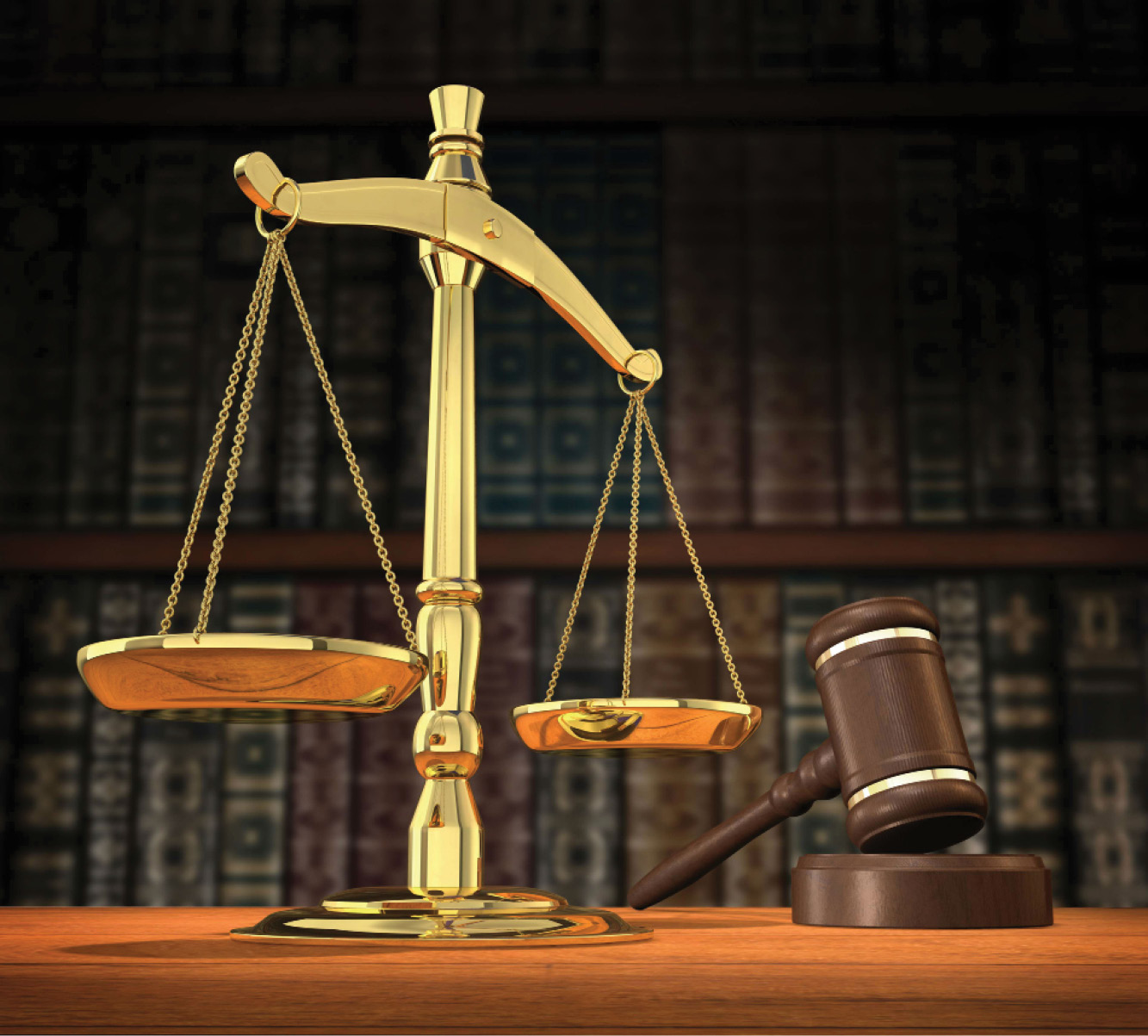Judicial sector: Need to restore accountability and transparency
The judicial sector remains the last hope of the common man which needs to be independent to carry out its duties appropriately, experts reaffirmed at their just concluded conference in Abuja. This and many other points were made at a one-day event on social accountability of the judicial sector organized by the Partners West Africa […]

Judicial sector
The judicial sector remains the last hope of the common man which needs to be independent to carry out its duties appropriately, experts reaffirmed at their just concluded conference in Abuja.
This and many other points were made at a one-day event on social accountability of the judicial sector organized by the Partners West Africa Nigeria (PWAN) which held recently in Abuja.
The keynote address, which was delivered by the director of Centre for Socio-Legal Studies, Professor Yemi Akinseye-George (SAN), was titled ‘Transparency and Accountability in the Justice sector’.
The justice system owes the duty to uphold order, protect human rights, settle disputes amongst other responsibilities but it seems the judiciary has been faced with some challenges in carrying out these duties.
One of the challenges Prof Akinseye-George harped on as affecting the judicial sector “is the collapse of the ethical and moral fabric of the system, occasioning a near total erosion of the dictates of conscience in many judges and an unprecedented invasion of the judiciary by prevalent societal currents of which pervasive corruption exerts the most strangle-hold on the capacity of judges to dispense justice without fear or favour.”
He noted that judges are supposed to have their loyalty on the rule of law, even though Nigerians do not seem to trust the judiciary.
According to him, the inability of the Nigerian judiciary to remedy the pervasive evidence of cut-throat politics, election rigging, nepotism and corruption over the years have occasioned a dip in the public perception index of Nigerian judges and by extension the integrity of the Nigerian judicial system.
The Executive Director, PWAN, Kemi Okenyodo said the judiciary was not as strong as it was supposed to be, hence there is need to strengthen it with all necessary support to enable it carry out its responsibilities properly.
As strengthened as the Executive and the Legislature are, it is expected that the Judiciary would also be as strong and independent, he averred.
PWAN said observation of court processes and procedures from 2016 till date revealed that all criminal justice actors contribute to delay in the dispensation of justice. For instance, adjournments are mostly at the instance of the prosecution and the court; while in some cases the defense.
Going by these observations, a lot needs to be done to achieve a more acceptable level of service delivery, accountability and transparency by justice actors to earn public trust.
Okenyodo explained that everyone should respect and observe the rule of law.
The President, Lawyer Alert, Rommy Mom said the problem lies with the justice system which seems to be marred by corruption but he stressed that there was need for the sector to be sensitised and get lawyers to put in practice what they were thought in law school.
The Deputy Director Accountability and Transparency of MacArthur Foundation, Dayo Olaide, called for stiff sanctions on judicial offenders as the solution to restoring accountability and transparency in the sector.
